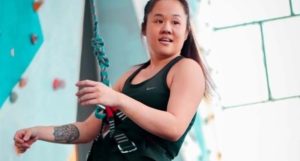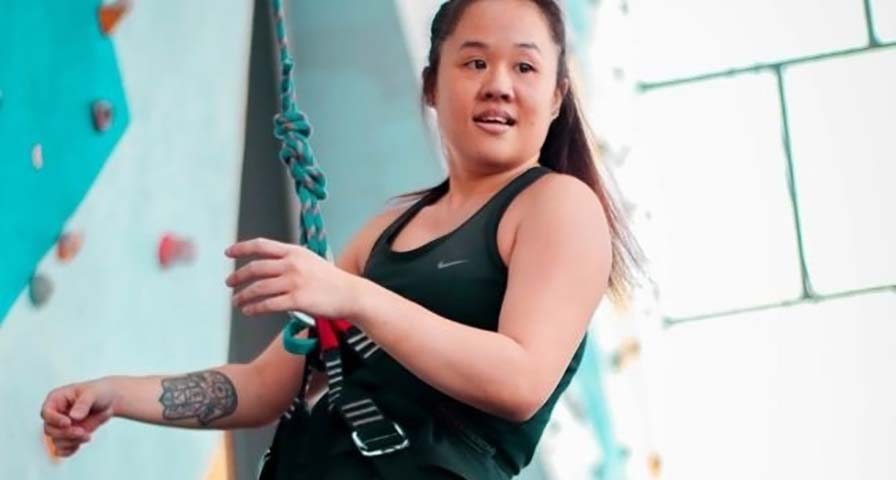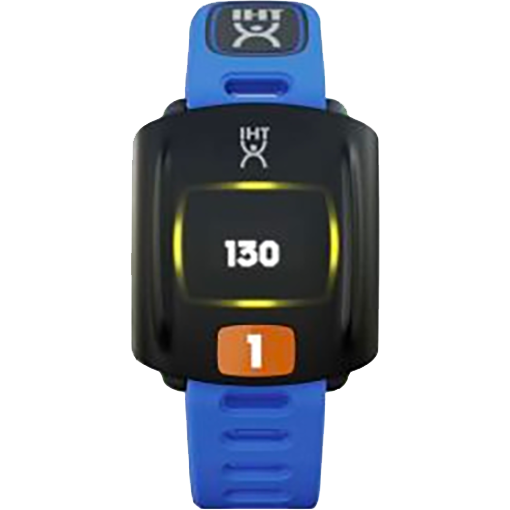Originally published Feb. 23, 2022 by Parent24.
By Gary Skidder
Learning outside the classroom through adventurous activities has significant educational benefits. It helps children develop technical, intellectual and social skills by overcoming challenges and sharing decisions.
Such activities might include various forms of orienteering, using a climbing wall or different forms of cycling, team building, trust games, and problem-solving tasks.
 From a psychological perspective, they help pupils develop a "can do" attitude applied to all aspects of school life. They instil a sense of determination that gives them the confidence to face challenges, express and deal with emotions, and a desire to succeed.
From a psychological perspective, they help pupils develop a "can do" attitude applied to all aspects of school life. They instil a sense of determination that gives them the confidence to face challenges, express and deal with emotions, and a desire to succeed.
Adventurous activities also help pupils to overcome fear, anxiety and physical stress. This often means putting children outside of their comfort zones and exposing them to scenarios they are not used to.
These may be situations they perceive as too difficult or potentially dangerous but are all part of teaching them about risks and safety.
It is a physical education teacher's role to plan and put situations that can provide maximum mental development but with minimum risk. In the UK, the National Curriculum for physical education requires teachers to provide opportunities for taking part in outdoor and adventurous pursuits.
The idea is to present pupils with intellectual and physical challenges which encourage them to work in a team, building trust and problem-solving skills.
But there are academic benefits too. This is a chance to promote cross-curricular teaching and science.
Alternatively, a focus on personal and social development using basic skills related to outdoor activities can be achieved through several trust games, team-building exercises and problem-solving activities which promote feelings of cooperation.
They also enhance pupils’ ability to work together and develop a sense of responsibility. Many of these are particularly suited to the beginning of the academic year for pupils transitioning from junior schools into secondary education when confidence-building is precious.
Physical education teachers also need to be open to new kinds of exercise that children may enjoy at home, which can easily be transferred to increasing the appeal of PE at school – particularly for those children who seem to lack confidence.
Balancing skills
Young people participate in very different physical activities outside of school compared to the types of sport taught as part of the formal PE curriculum, such as cricket or rugby.
For example, many enjoy cycling in their free time, so providing the chance to incorporate this could make the subject more appealing to a broader section of pupils.
At the University of Brighton, trainee teachers have been introduced to this relatively new concept of "physical education on wheels".
The idea is to embrace the popularity of mountain biking, BMX biking, skateboarding, and scooting, which can all be viewed as adventurous forms of exercise.
Yet few schools seem to have recognised this as a means to increase pupils' activity levels and tend to ignore the potential of introducing these activities into their PE lessons.
It's also worth stressing that adventurous activities are ideal for involving all pupils (including those with additional learning needs). Minimal adaptations are required, and young people can work cooperatively at a level appropriate to their needs.
Yet many children cannot enjoy this kind of experience – often because of understandable concerns from their schools about cost, expertise, facilities and time.
But an adventurous approach to PE should not be restricted to schools with access to neighbouring forests or mountain ranges.
Adventurous activities can all be taught on a school site and introduced safely and enjoyably, even in schools with limited outdoor space where lessons can be adapted for playgrounds and school halls.
In this way, teachers can ensure that everyone does the same activity with minimal adaptations to the environment without specialist equipment.
All pupils can contribute to a shared group outcome – and benefit from an adventurous approach to their physical education.The Conversation
Boost Student Wellness with the IHT ZONE heart rate monitor:




